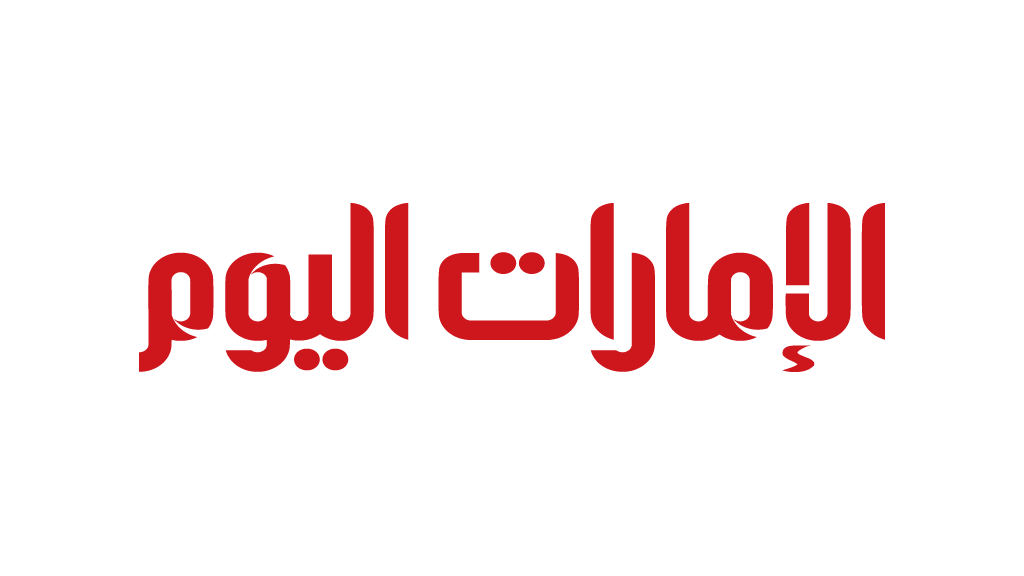An integrated UAE system aims to reduce the number of smokers
The UAE has established an integrated system of legislation, public policies and procedures aimed at combating the scourge of smoking, reducing the percentage of smokers, and reducing its negative risks to the health of the individual and society in general.
The UAE celebrates the World No Tobacco Day, which falls on May 31 of each year, to help community members quit smoking, in addition to raising awareness of the health risks and economic development burdens it causes on governments and societies, and the need to continue to implement effective policies to reduce tobacco consumption.
Last Friday, the World Health Organization called on countries to stop subsidizing tobacco crops and help farmers grow food, in light of the spread of hunger in many parts of the world, where tobacco has caused the death of eight million people annually.
The tobacco industry is causing the loss of 600 million trees, 200,22 hectares of land, the loss of 84 billion tonnes of water and the emission of <> million tonnes of carbon dioxide.
Combating smoking is one of the most important health priorities in the UAE, which has developed an integrated strategy for this purpose through the National Tobacco Control Program, as well as including reducing tobacco consumption in the indicators of its national agenda. According to the results of the 2018 National Health Survey, the prevalence of smoking among adults decreased from 11.1% in 2010 to 9.1%.
In 2009, the UAE issued a federal anti-smoking law, which prohibits the introduction of tobacco and tobacco products into the country, unless the standard conditions and specifications followed in the UAE are met, including the presence of clear warning phrases and images on its packaging, as well as the prohibition of all forms of advertising, promotion, advertising or sponsorship of any tobacco product.
The UAE is one of the first countries to join the World Health Organization Framework Convention on Tobacco Control, and has allocated a national indicator of its prevalence rate, and plans to reduce it, and the UAE has formed a national committee for tobacco control, consisting of 12 government agencies, to propose legislation, regulations and systems related to tobacco control, and to build a database on tobacco use, products and trade. During the last quarter of 2017, the UAE applied excise tax on certain goods considered harmful to human health or the environment, including tobacco and tobacco products.
The Ministry of Health and Prevention, in cooperation with the health authorities, seeks to reduce smoking, help smokers quit it, to preserve their lives, and protect them from the diseases it causes, by opening private clinics to help smokers quit this negative phenomenon, and the mobile clinic to support smoking cessation.

